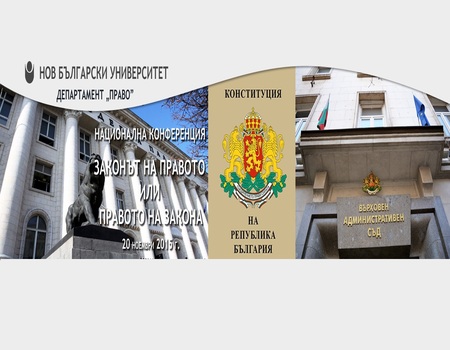Защо законите ни задължават? Сравнение между теориите за правната нормативност у Цеко Торбов и Ханс Келзен
Why Do Laws Obligate Us? Comparison Between the Theories of Legal Normativity by Tseko Torbov and Hans Kelsen
Author(s): Simeon Efimov Groysman
Subject(s): Philosophy, Law, Constitution, Jurisprudence, History of Law, Ethics / Practical Philosophy, Philosophy of Law
Published by: Нов български университет
Keywords: Basic norm; Hans Kelsen; Legal Criticism; Law and Meta-ethics; Legal Positivism; Legal Theory; Legal Validity; Natural Law; Normativism; Normativity of Law; Tseko Torbov
Summary/Abstract: Why Do Laws Obligate Us? Comparison Between the Theories of Legal Normativity byTseko Torbov and Hans Kelsen. According to Kelsen's famous view the validity of the constitution must be presupposed in order to preserve the “purity” of legal science - id est, to avoid the deducement of norms from facts. I compare this theory to its Cantian methodological roots and to the “legal criticism” of Tseko Torbov (1899- 1987). The pioneer of the Neokantian legal philosophy in Bulgaria tried to outgrow the Kantian doctrine of law. He introduced the lacking in Kant`s model basic legal principle, which functioned as a validating reason for all the “lawful” (real) norms. Its substance according to Torbov is justice. At the end of the article I explain the differences with the contrasts between Kelsen's and Torbov's views on meta-ethics.
Book: Национална конференция "Законът на правото или правото на закона", 20 ноември 2015 г.
- Page Range: 265-279
- Page Count: 15
- Publication Year: 2016
- Language: Bulgarian
- Content File-PDF

